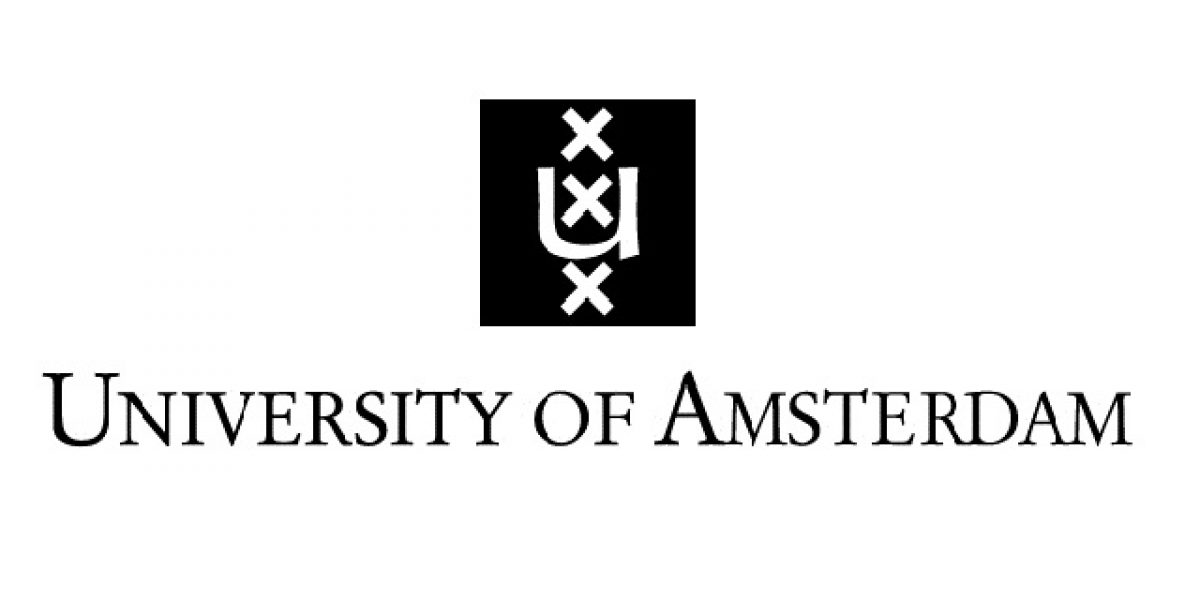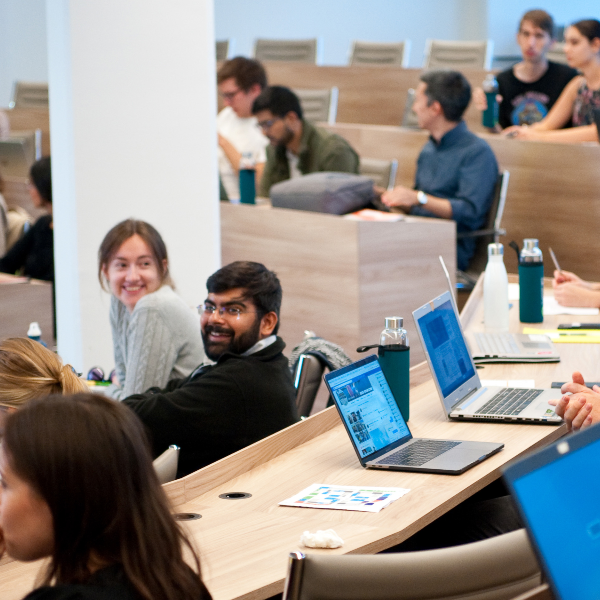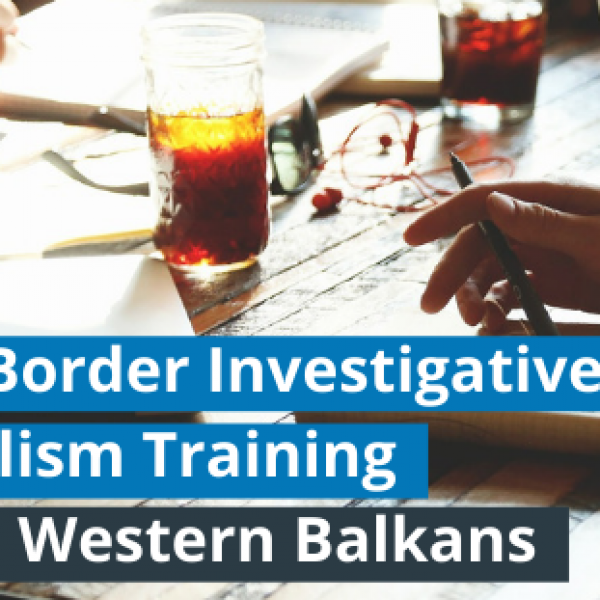
Deadline: 9 June 2015
Open to: applicants with a degree from the areas of sociology, political science, philosophy, science and technology studies, media studies, software studies, critical internet studies or surveillance studies
Scholarship: € 2125 per month
Description
The Amsterdam School for Cultural Analysis (ASCA) of the Faculty of Humanities of the University of Amsterdam is looking for two PhD candidates to join the ERC-funded project ‘Data Activism: The Politics of Big Data According to Civil Society’ (DATACTIVE), with Dr. Stefania Milan as Principal Investigator. DATACTIVE investigates citizens’ engagement with massive data collection. With the diffusion of ‘big data’, citizens become increasingly aware of the critical role of information in modern societies. This awareness gives rise to new social practices rooted in technology and data, which fall under the rubric of ‘data activism’. Data activism takes two forms: re-active data activism, whereby people increasingly resist the threats to civil rights that derive from corporate privacy intrusion and government surveillance, and pro-active data activism, by means of which people take advantage of the possibilities for advocacy and campaigning that big data provide.
Successful candidates will join a team of five people working under the leadership of Dr. Stefania Milan (the PI) and collaboratively examining the emerging dynamics of data activism at the intersection of its social and technological dimensions. A multidisciplinary, interactive and international research environment in a leading department (Communication and Media Studies at the University of Amsterdam currently ranks number 8 in the QS World Rankings) is offered.
Both candidates are expected to:
- complete and defend a PhD dissertation within four years;
- actively participate in the work of the project team, and collaborate with others;
- occasionally travel abroad for fieldwork and conference presentations;
- contribute to the publication of project results in academic endeavors as well as the popular press;
- contribute to the organization of project-related research activities and events such as workshops and symposia;
- assist in teaching activities, if needed;
- collaborate with non-governmental organizations and activist groups, if circumstances so dictate.
Eligibility
The first candidate should have:
- an interest in one or the combination of the following fields: grassroots activism/social movements, digital technology and citizen participation, human rights;
- a Master or equivalent degree in one of the following disciplines: sociology, political science, philosophy or neighboring disciplines, preferably with expertise in one of the following fields: political sociology, social movement studies, sociology of organizations, sociology of knowledge and/or culture, surveillance studies, participatory governance.
The second candidate should have:
- an interest in one or a combination of the following fields: digital technology and citizen participation, software and platform studies, big data, data journalism, human rights, privacy and surveillance, cyberspace governance;
- a Master or equivalent degree in one of the following disciplines: science and technology studies, media studies, software studies, critical internet studies, surveillance studies.
Both candidates should have:
- expertise (or willingness to acquire it) in qualitative and/or quantitative research methods;
- familiarity (or willingness to acquire it) with data processing techniques and digital methods is an advantage;
- a good knowledge of current developments in digital communication technology in the post-Snowden era, and the related socio-technical and policy processes;
- a creative mind and an interest to think across disciplines and domains;
- strong communication skills, and an interest in building bridges between research, policy and advocacy/activism;
- excellent command of English. Familiarity with other languages constitutes an asset;
- the ability to work independently as well as in a team, and be responsive to feedback;
- willingness to engage in research collaboration with nongovernmental organizations.
Scholarship
The candidates will be appointed full-time (38 hours per week) for a period of 48 months at the Department of Media Studies of the Faculty of Humanities, starting in September 2015 (or as soon as possible thereafter), initially for a period of one year. Contingent on satisfactory performance it will be extended by a maximum of three additional years leading to the completion of a PhD thesis. The gross monthly salary (on a full-time basis) will range from € 2125 during the first year to € 2717 during the fourth year, in accordance with the Collective Labour Agreement for Dutch universities.
How to apply?
The deadline for applications is 9 June 2015. The application must consist of one pdf or word document including the following:
- an up-to-date CV, inclusive of a list of courses taken during your Master studies and before, if relevant, and publication list, if applicable;
- a cover letter of not more than 2 pages outlining your motivations to join the project and illustrating how you meet the requirements for the position;
- one to two reference letters from an academic (or work- or activism-related) advisor;
- PhD Vacancy 1: a one-page essay in one of the following topics: ‘Big Data and the political’, ‘The social construction of big data’, ‘Big Data for the grassroots’;
- PhD Vacancy 2: a one-page essay in one of the following topics: ‘The future of Big Data algorithms’, ‘Big Data and the Internet of Things’, ‘Big Data beyond the Internet’.
Completed applications may be submitted via asca-fgw@uva.nl.
For more information please follow the official website.


